5 Psychology-Based Strategies That Help Students Learn
Psychology-based strategies that help students learn include modeling, student choice, and a clear sense of progress in the learning process.
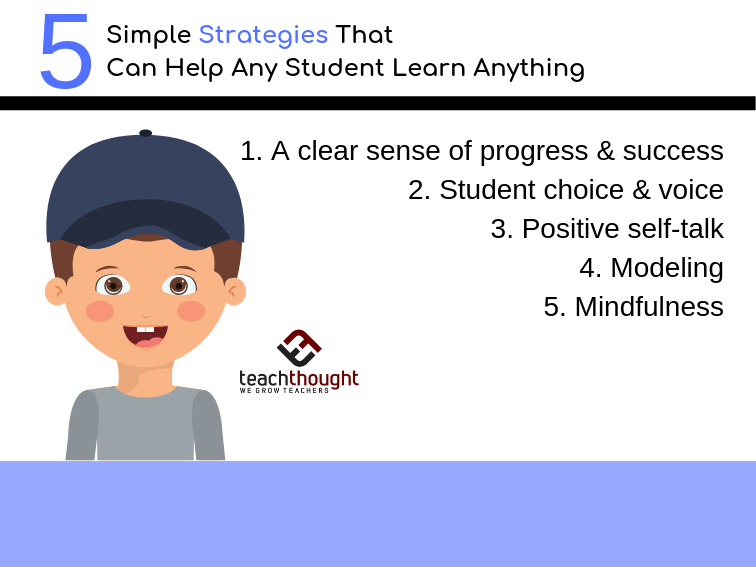
Psychology-based strategies that help students learn include modeling, student choice, and a clear sense of progress in the learning process.
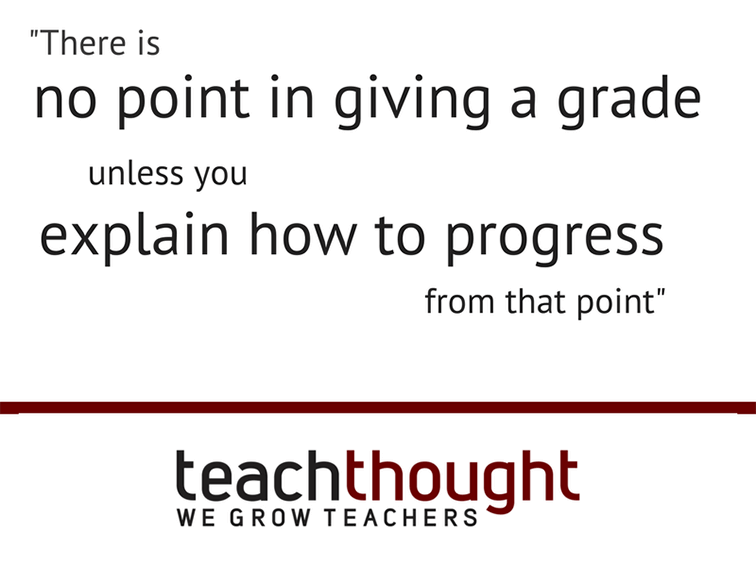
When seeking to develop skills, feedback (and it must be timely) is only useful if it informs the student what areas need to be worked on.
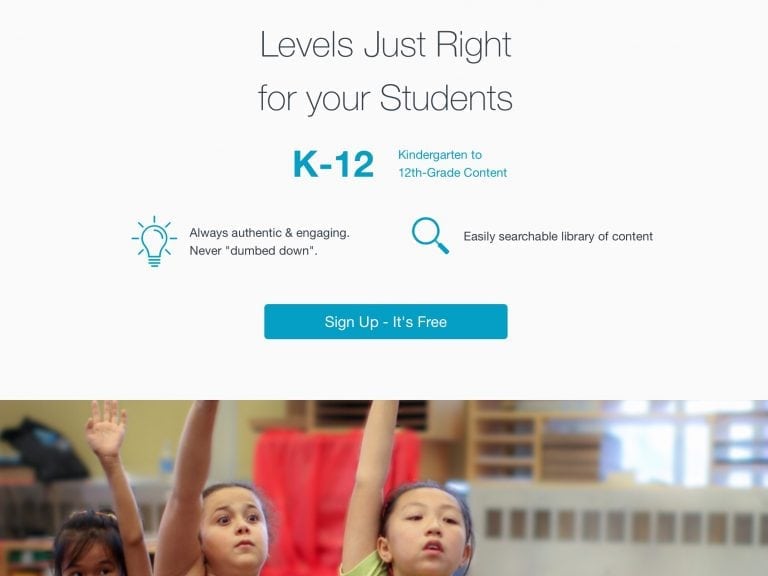
A simple way for students to build background knowledge and improve literacy skills, here are 10 ways to use ReadWorks in the classroom.
Bloom’s Taxonomy is a powerful teaching and learning tool that can help you shape nearly everything that happens in your classroom.
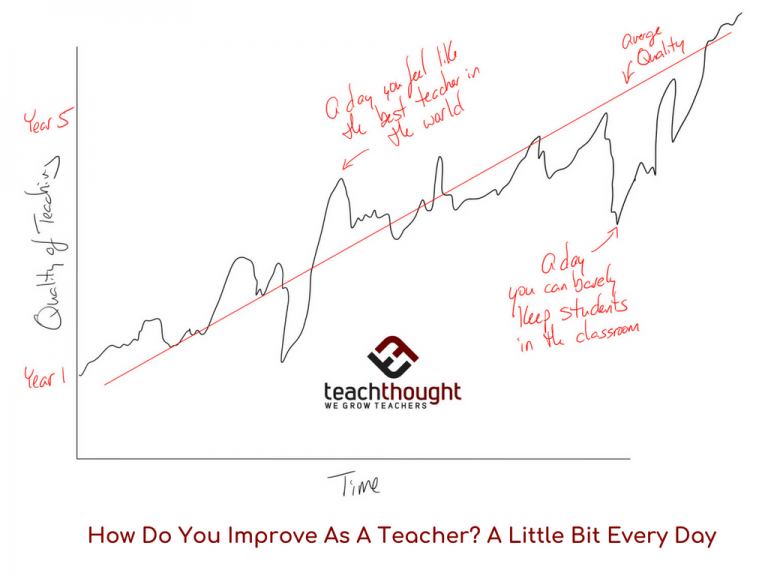
The ultimate metric for your teaching is the quality of students’ lives after your journey & their journey diverge–borderline immeasurable.
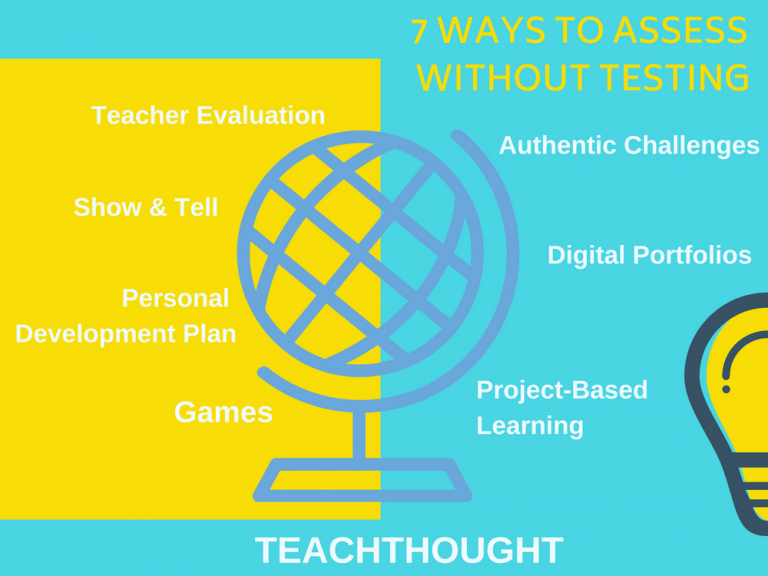
At a recent teachers conference, one of the most astute comments was ‘you can assess without testing.’ There are many ways to assess.
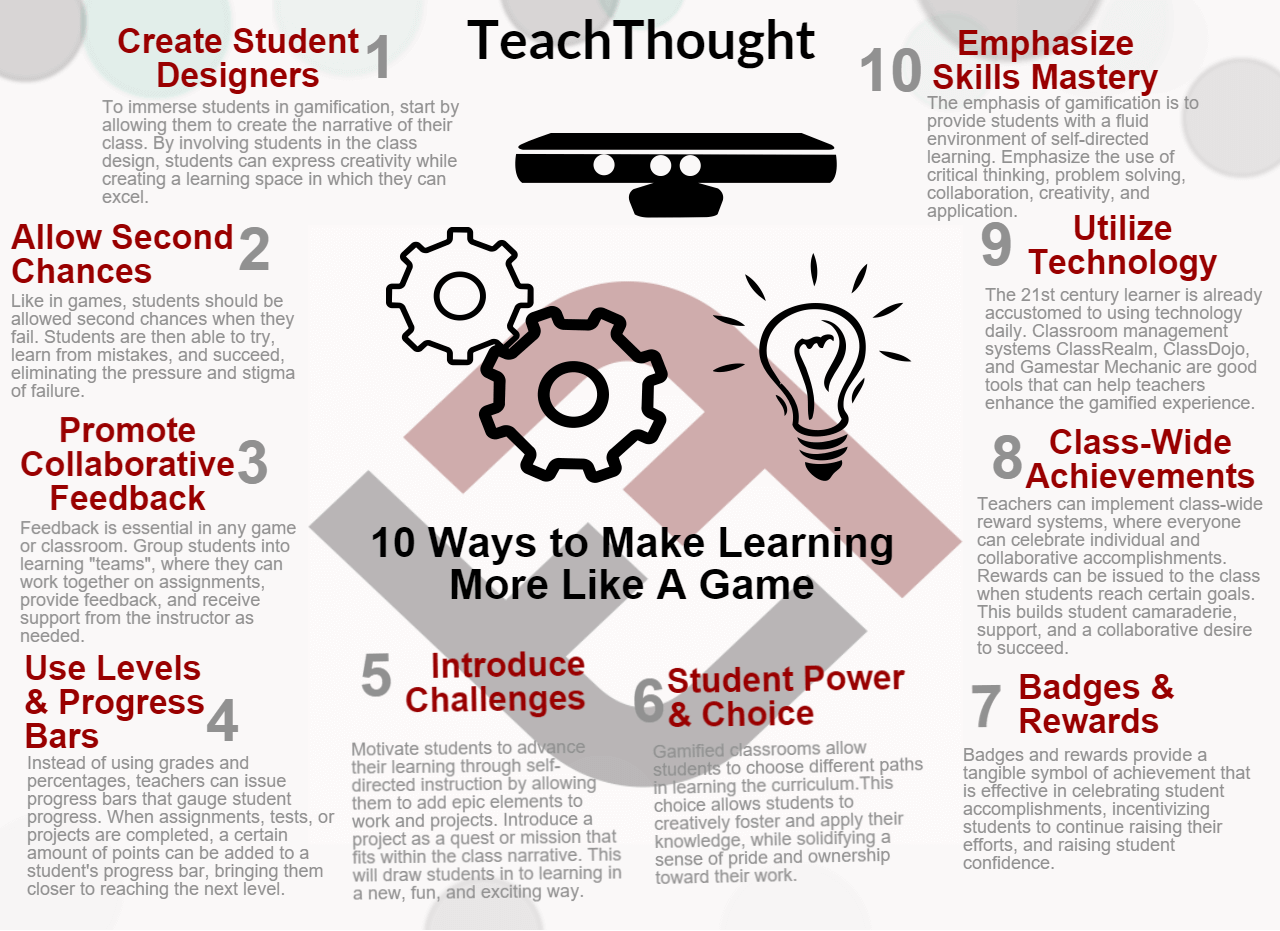
From using levels and and progress bars to badges and rewards, here are ten strategies to make learning feel more like a game.
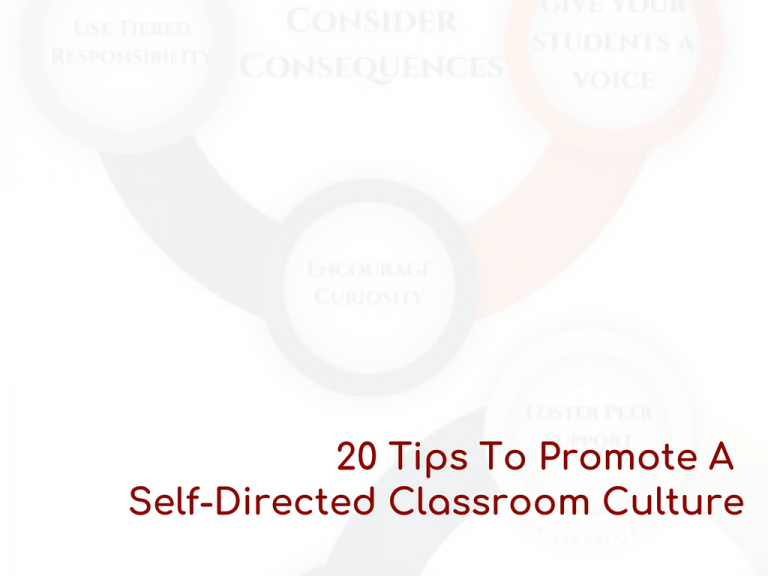
When a task feels overwhelming, the ‘I can,’ quickly falls apart. Teach students how to break down a big project into miniature steps.
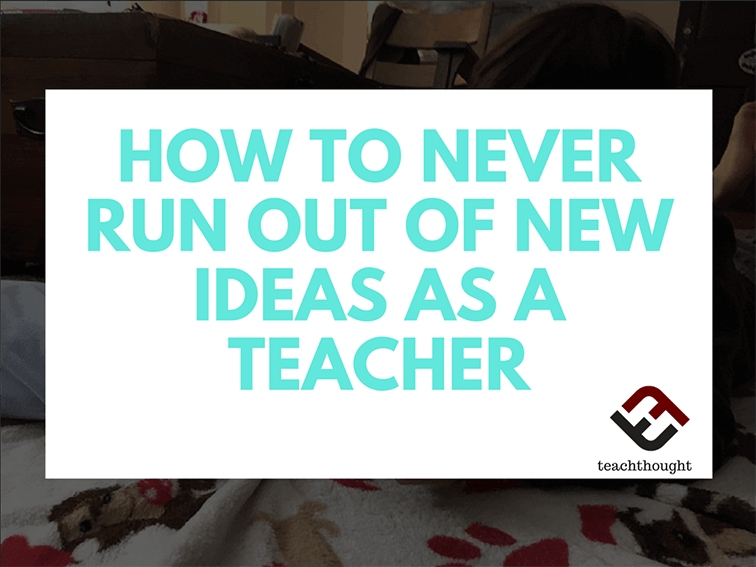
Just like a great teacher can teach anything, a great learner can learn from almost anything–and teachers are first learners.
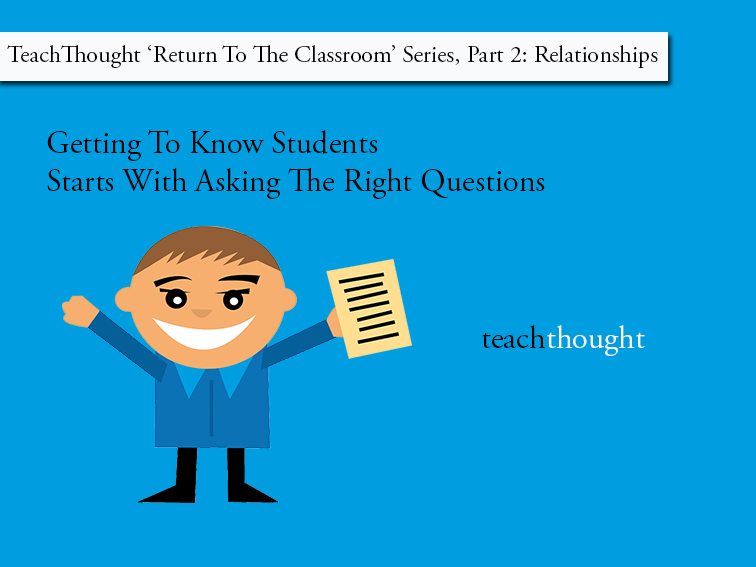
Want To Get To Know Your Students? Ask The Right Questions. contributed by Dawn Casey-Rowe, Teacher It’s back to school time! Whether you’ve been teaching for two minutes or twenty years, this is a critical time of year. You meet your students. They stare you down. Not averages stare–the types of stares kids go home…
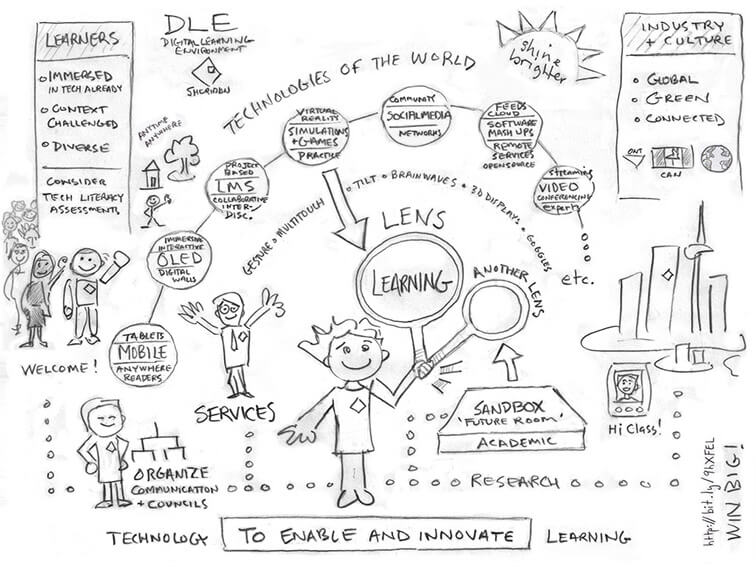
Advances in neuroscience & the capacity to investigate the functioning of the brain have really enabled us to see what happens when we learn.
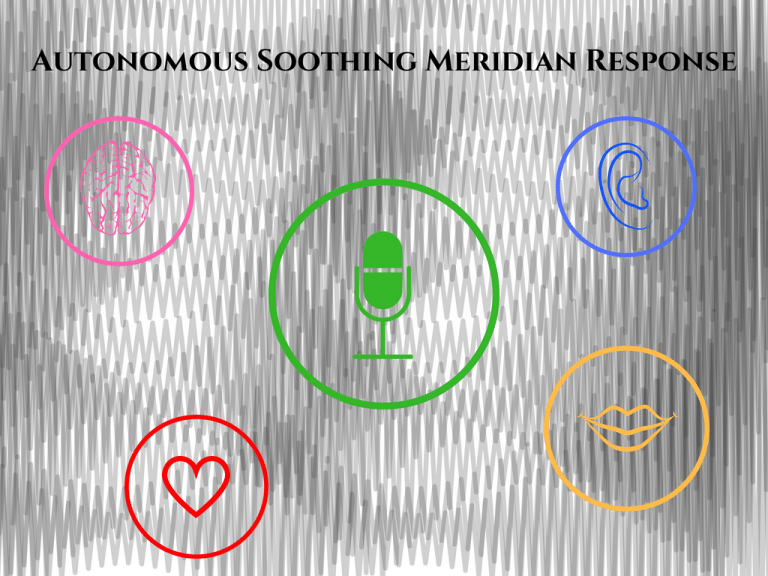
ASMR is “Autonomous Soothing Meridian Response,’ and means being soothed by sounds and textures not generally considered soothing.
End of content
End of content